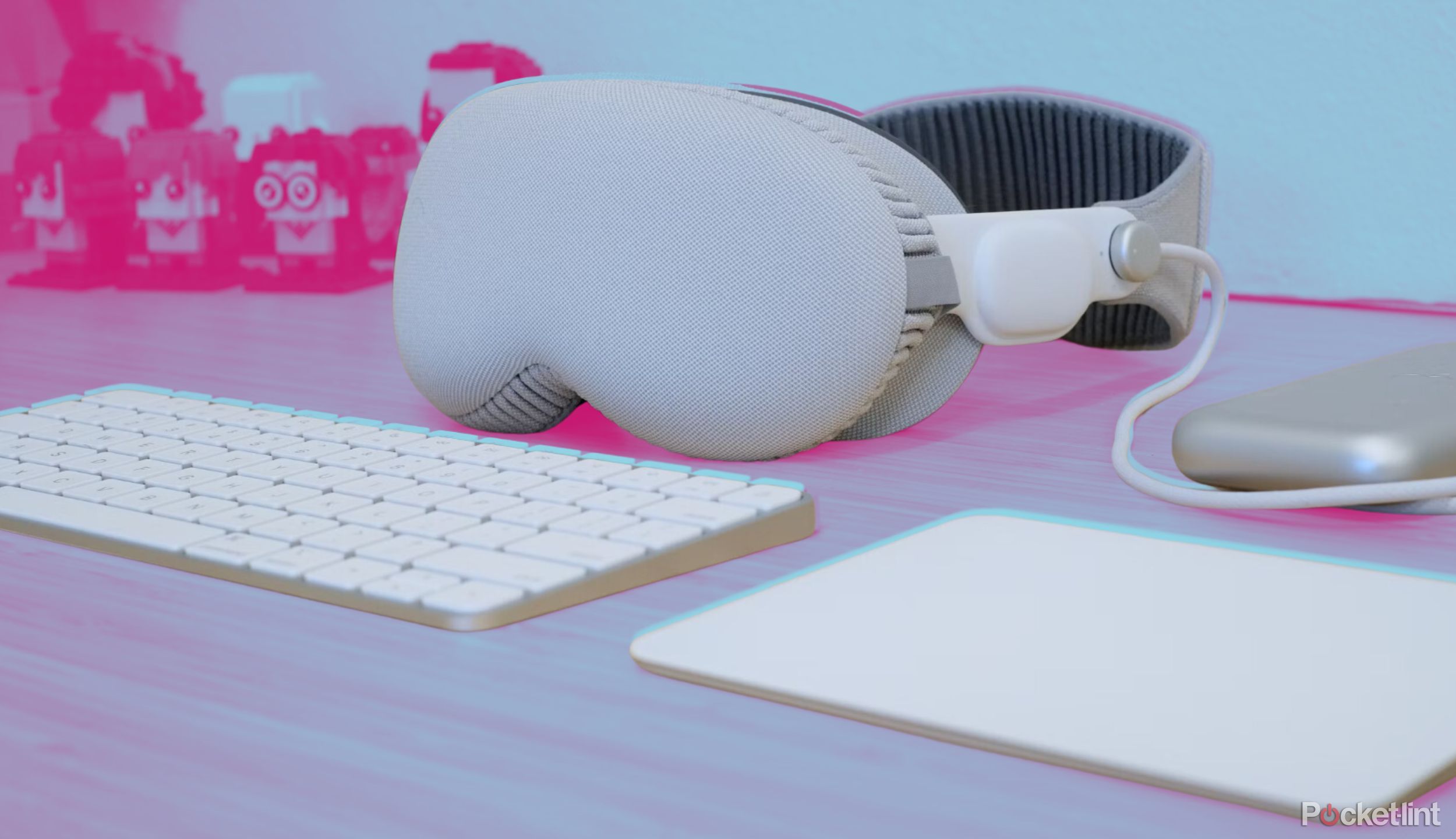Hey Siri!: How Apple integrating Siri in macOS could help revolutionize, humanize technology


April 2001, Gagandeep Sapra was working in his office till late at night, as they have a client presentation in the morning. It’s just the three of them in the office – he , his co-founder and his lead programmer Rahul.
Suddenly, they hear Rahul talking to someone and they wonder who it could be, after all, it was two in the morning. they peep in,only to find him having a conversation with his PC. The PC did not respond, but Rahul was engaged in an animated conversation. Rahul, however, is not alone – as quite a few of us geeks can be found talking to our computers.
What was considered to be science fiction back in the day, has now become a reality. One of the biggest news broke at the Apple’s World Wide Developer Conference on Monday – Yes! Siri is coming to the macOS.
Science fiction writers have always talked about a world where computers help us do everything – talk to us and even understand us. Over the years, artificial intelligence programmers, natural language processing experts, voice-to-text and text-to-speech programmers have been working day in and day out to bring this technology out to us.
Cognitive technology and Big Data on the Cloud today enables us to understand all this – though all buzz words and long wiki articles tell us what these actually mean. 2016 is going to be the year when we will see Digital Virtual Assistants become a reality, and if we are to believe what Apple is doing, this is the first step in making things happen.
In 2007, when Dag Kittlaus, a Norwegian, started his company Siri, he did not realise how he was going to impact billions of people across the globe, and by granting open access to developers to use Siri in their Apps, he did not foresee how the technology we use is going to change.
Yes there is Cortana from Microsoft, Google Now from Google and even Alexa from Amazon amongst the various other Intelligent Virtual Assistants out there, and some of them are great at what they do, while some of them are still catching up with accents and access to information.
If you have an iPhone or an iPad, chances are that you have had a conversation with Siri, or atleast have tried to ask her where does she lives or even at times asked her to play music.
There are several geeks who have had full blown conversations with Siri, including asking her to marry them. All this was good, but was still limited – yes, you could ask Siri to search the web and tell you the results, or ask Siri to make a call to your dad when you wanted to but the possibilities were still limited.
Over the years, Siri has improved its accent awareness, and with the availability of higher data speeds, it has also become much more accurate and responsive with results. But till now, Siri was all locked away to Apple, and only applications built by them could really harness its potential.
Though all this is good for developers, and while the World Wide Developer Conference targets developers, a question does come to mind: How will this impact our daily lives?
The reason everyone is running after voice is simple – it’s convenient and hassle free when it works. For the technology to improve from where it is, more and more voice samples are required, and even though the success rate may never touch 100 percent, it can go fairly high.
And while Siri may confuse Ram and Shyam to be the same people, and may hear the same thing, more applications and a deeper integration will only help it become better. Beyond Siri, some of the apps on iPhone and iPad have voice integration in them for sometime – a few of these include the set of apps from Google (Voice Search, Maps and YouTube) to Assistant.Ai and Speak to Snooze.
Each of them, however, require you to fire up the app, click on the microphone button and then say something. But with Siri’s integration, its developer interface will now allow it to work with your favourite apps, be it Zomato to find the place you want to go eat, booking a cab with Ola, or even making a payment through PayTM.
As Apple integrates more and more technology – from its Home Kit, it’s Apple Car Play to its Health kit – voice will become the centre of it all, from you asking Siri to change the lights in your room to even switching on the air conditioner, or making a Skype call over the speakerphone while in your car, and even changing the radio station.
Though voice recognition and voice feedback have existed for quite some time now, developers have had to stay away from it, as these are resource intensive activities. But with Siri already integrated into the OS, the Developers can now harness this power and enable their applications.
The new Siri, features & functionality
While she retains her charming voice, and her Australian and British Friends still stay on to be a part of the set of voices, in both male and female versions, on the Apple devices, Siri has gotten more powerful.
Since Siri became a part of the Apple TV roughly 7 months back, it has added the capability to search from over 650,000 TV episodes and movies for information, as well as to let you search for a movie by topic or theme. So, if you could not come up with suggestions to watch a movie with your kid, Siri can do this for you, or even show you a documentary about Cars, or maybe help you find that comedy movie you watched as a child.
The new Siri features now enables it to even search in YouTube for videos that are not a part of your Netflix and Apple TV library, or to even tune into a live channel on your Apple TV.

Though Siri has been around on the iPhone and the iPad for quite some time, and made its’ debut on the TV and the Watch, the biggest news at the WWDC was that of Siri coming to macOS. And with the powerful computer, it will be able to do much more than what one can do on a phone or a tablet – from letting you search for documents, text inside documents and help you do other such complicated tasks.
With the capability to perform all these searches, and its tight integration with the OS, Siri can now become your full time assistant at work. So, if you wanted to block an appointment without typing – you could ask Siri to do that, or if you wanted to order lunch while you are making that presentation, Siri will do that too.
With Siri, you can switch off your computer without having to lift a finger, or take a break from your work; after all, isn’t that what good assistants are supposed to do?
From the developer’s angle
While Siri will not be accessible to the public for a few months, developers will be given access to make Siri apps right away. Apple also announced its new free app for the iPad called Swift Playgrounds – an app that enable you to learn coding.
As we head towards the 22nd century, and we realise that science fiction has come closer to reality, it is time for everyone to learn to code. While there are enough code learning programs on the Internet, from MIT’s Scratch to Google’s CS First, Swift Playgrounds now lets you learn how to code and build your own Apple and iOS apps, allowing you to use all the capabilities to help you develop the next big thing.
And if you use Siri to run all this, you will not have to worry about how your next user will learn to type or type the correct language; all they will need to do, is to pick up the phone and say ‘Hey Siri!’
But what about Android?
Whilst the cost of development on Android is much lower, and Google has shown it’s prowess on Android with its own speech recognition and natural language processing capabilities, the debate about Android vs iOS stays out there.
Where Apple wins hands down is in its consistency, thanks to its close control on the hardware side. By ensuring that your iPhone, iPad, Apple Watch, Apple TV, Apple Macs and other devices that may come from them run a certain set of hardware, achieving a great customer experience becomes slightly easier than the diverse world of Android.
Cortana? I like her, she is on my Windows PC too

Yes, Microsoft has had Cortana on the PC for quite some time now, and some of the Windows fan boys don’t find the news about Siri coming to the Mac exciting.
What is so interesting, is the use case; while Cortana manages to do quite a few things, she still lags when it comes to understanding accents and even at times pulling information from its sources.
Though Microsoft controls the hardware that its operating system runs on the mobile side, under powered or improperly configured hardware on the PC side has made a lot of users turn off from using Cortana. At Build 2016, Microsoft spoke of its focus to get Cortana to do more, and it will be an interesting play to see how Microsoft takes this forward.
Alexa – The personal assistant from Amazon
While Alexa was one of the first ones to open up its API’s, and even though it remained a secret project inside Amazon for quite a few years, Amazon Echo proved that humans love interacting with machines using their voice.

Though Alexa cannot do much outside the US, and is still far from being a real world global application; access to its API and with developers working closely with Amazon, progress has been made with some great devices – from Triby to the CoWatch, though they have their own challenges.
The Challenges Ahead
Over the years, some of the major challenges have been addressed. And with Sundar Pichai stating at his Google I/O event about how Google has become the largest Natural Language Processing Engine, and with an estimated 2 billion queries that Siri answers every week, the solutions are not far.
Whilst developers will have to ensure that language, accents and punctuation are taken care of, it is only time that will show us how fast the technology catches up, and how the science fiction becomes a reality. For now, Siri in macOS is one step forward, and a step that will help us use our computers more effectively, efficiently and elegantly.
A thought to end!
While Siri, predominantly today, stays on the iOS, watchOS, macOS, and tvOS devices, I would personally want to see Siri on the web, and other devices. Not only will this make using things much easier, but will also enable the use of devices and technologies by people with disabilities, enabling us to add a much more human angle to technology.
IMPORT:-FirstPost

